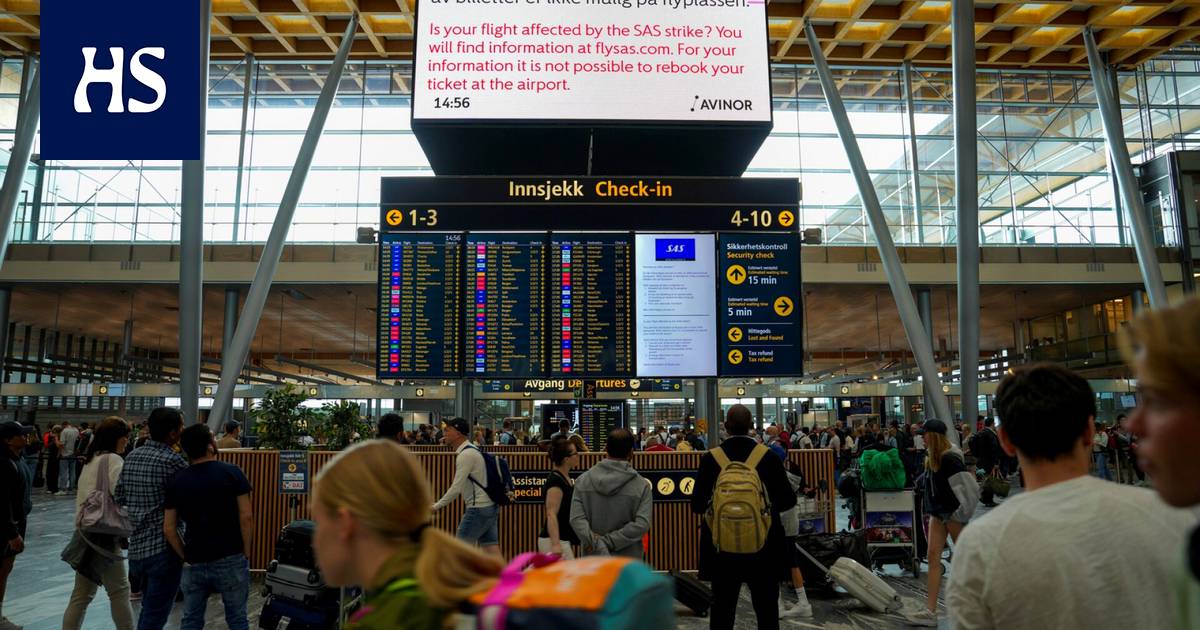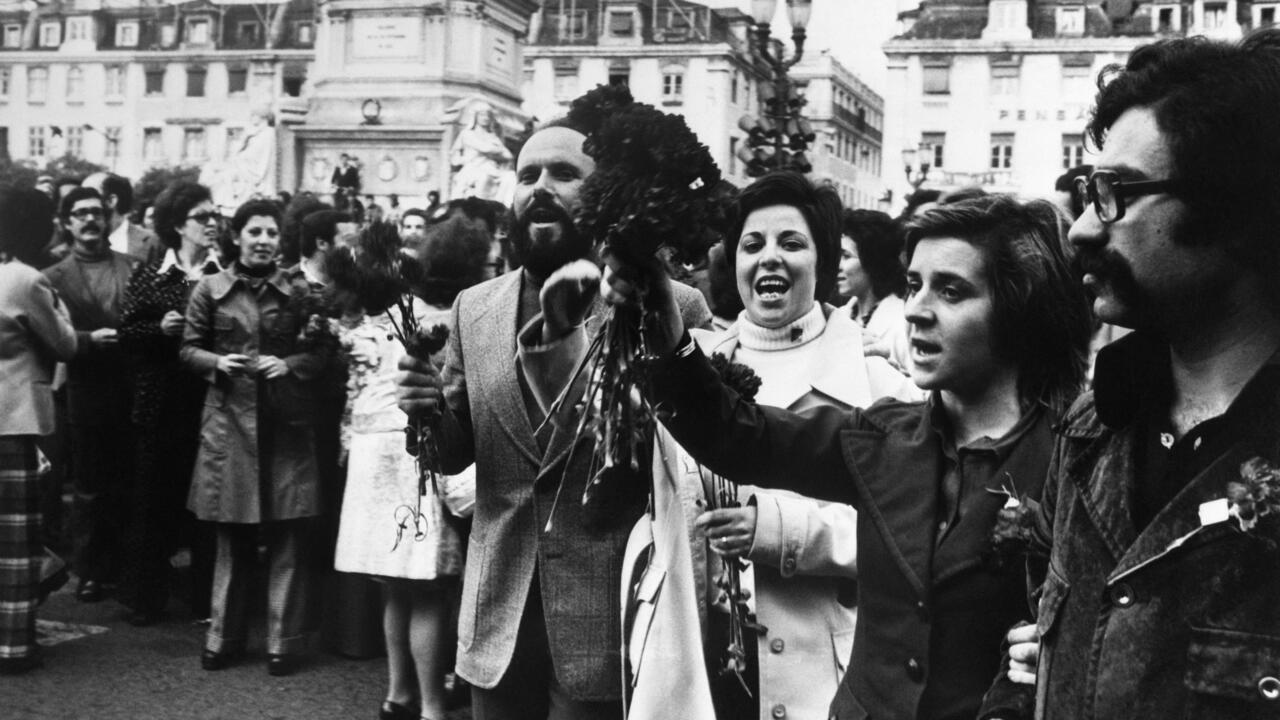Major European airports are trying to recruit employees with bonus money. According to the expert, traffic jams can even become more difficult in August, when the holidays start in Central European countries.
Pandemic The demand for leisure air travel that has built up during the summer and the labor shortage in the sector have caused chaos at several European airports in the summer, where passenger queuing times have lengthened and tens of thousands of flights have been cancelled.
The root cause of the congestion is the lack of airport workers, such as baggage handlers and security inspectors, says air transport expert, professor Jorma Mäkinen From Destia oy.
During the coronavirus pandemic, a large number of employees in the aviation industry had to be laid off or laid off. Recruiting new employees can take months due to the orientation and background checks required for airport work.
According to Mäkinen, congestion at European airports will hardly ease during the summer.
“The holiday season in Europe is mostly only in August, so the situation can get even worse. It is not possible to recruit and train personnel in such quantities as would be needed.”
According to Mäkinen, despite the peak in demand for holiday tourism that is currently underway, the overall number of flights is still not at the pre-pandemic level. The number of passengers at the airports will therefore probably decrease in the fall.
Aviation Safety Agency Eurocontrol predicts that passenger air traffic returns to the 2019 level in Europe in 2024.
Congested are now especially the large airports of Central Europe, where passengers are concentrated for connecting connections.
Airports in, for example, London, Amsterdam, Paris and Frankfurt am Main have suffered significantly from congestion and flight delays. Smaller airports have operated more slowly, and personnel have been transferred from them to other airports.
Mäkinen thinks that disruptions can make airline companies rethink the way they organize flight routes and connections.
“
Overcrowding has shown the vulnerabilities of a model built on large central courts.
In flight infrastructure hub and spoke -model, large central fields act as traffic hubs. Large passenger planes are used to fly between popular destinations, and smaller ones are used when traveling to more remote destinations.
An alternative way to arrange connections is point to point -model, where passengers are flown directly from the departure point to their final destination.
According to Mäkinen, congestion problems have shown the vulnerabilities of the model built on large central courts.
“The hub and spoke system has overheated, as the system quickly becomes paralyzed during large congestion peaks. The point to point model has been on the rise, and Boeing, for example, has also invested in smaller aircraft models.”
Airport work according to companies in the field, the attractiveness is reduced by the fact that the work is often physically demanding, low-paid and takes place outside population centers. Companies try to attract employees with various incentives.
According to the Reuters news agency, the Schiphol airport in Amsterdam has promised cleaners, baggage handlers and security checkers a 5.25 euro hourly bonus for the summer.
Schiphol is currently trying to recruit 500 new security inspectors. Before the coronavirus pandemic, 68,000 people worked in the field. Now there are approximately 58,000 employees.
ICTS, the company responsible for the security measures at Paris Charles de Gaulle Airport, offers a bonus of 180 euros to employees who postpone their summer vacation until the coming autumn, and 150 euros to their employees who suggest a new recruit to the company.
Passengers line up for a flight at Arlanda Airport in Stockholm on July 4.
Several employees of European airlines are demanding better pay and working conditions for themselves after the pandemic.
The workers at the Charles de Gaulle airport started a strike in July after rejecting a proposal for a four percent salary increase, reports news agency Reuters. More than 900 SAS airline pilots have also been on strike.
Read more: “SAS pilots” regret in the Copenhagen subway that they cannot take the Danes on their summer holidays – HS monitored the effects of the strike at Kastrup airport
Lufthansa’s airport staff have demanded at least a 350 euro increase in their monthly salary for the coming year. In June, Norwegian Air agreed on a 3.7 percent salary increase for its pilots.
in Britain the government has sought to address the flight chaos by giving airlines temporary permission cancel flights without losing their reserved flight slots.
Slots refer to pre-agreed departure and landing times of flights at airports. Normally, companies lose their recurring slots if they don’t use them often enough.
The airline company British Airways said on Thursday that it will cancel 10,300 flights from August to October. British Broadcasting Corporation According to the BBC British Airways has announced a total of nearly 30,000 flight cancellations since April. According to the BBC, the airline Easyjet has canceled around 10,000 flights for the summer season.
Among other things, the airline Ryanair has criticized the British government’s temporary slot policy, saying it benefits companies that have made unrealistic plans for their flight schedules.
Britain’s the Ministry of Transport says for speeding up the security clearances for new aviation employees. According to the ministry, the nationally required anti-terrorism background check now takes about ten days, while in March the check took about 20 days.
Passengers line up at Brandenburg Airport near Berlin on July 7.
#Tourism #expert #chaos #Europes #airports #fixed #summer








